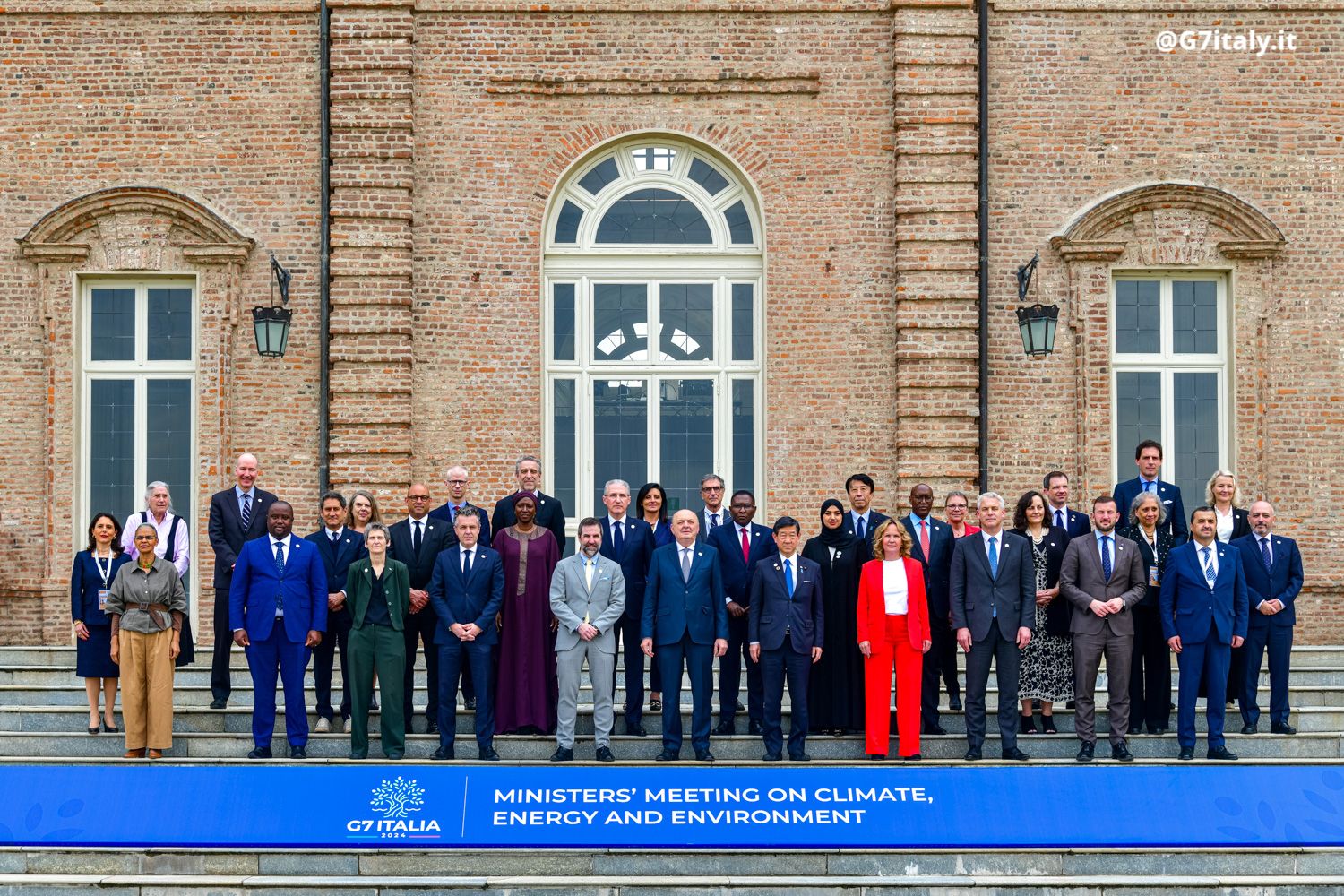
The annual meeting of the energy ministers from the G7, a group composed of seven highly industrialised countries – the United States, Canada, Japan, the United Kingdom, Germany, France and Italy – took place on 29 and 30 April in Turin, Italy. After lengthy negotiations, the group, which currently accounts for 30% of global GDP and 21% of CO2 emissions, pledged to end the use of coal in power generation during the first half of the 2030s.
Earlier discussions on a coal phase-out had been met with strong opposition, notably from the US, Germany and Japan, the latter generating over a quarter of its energy from coal, without an exit plan in place at this stage. On the other hand, Germany had previously pledged to phase out coal by 2038, while the United States plans that no coal plant can stay open past 2039 without cutting or capturing 90% of its CO2 emissions by 2032. In the EU, if current carbon emission trading rules are kept in place past their 2030 deadline, experts estimate that by 2039, power sector emissions would be nearly banned from the bloc as well.
However, the final agreement still contains some leeway and caveats. Indeed, the compromise text solely concerns “unabated” coal power, which designates coal production not benefitting from carbon capture and storage technologies. What’s more, 2035 is not given as a hard deadline. Countries should be able to follow a different timeline, if deemed consistent with limiting the global temperature rise at 1.5°C, and aligned with their net-zero pathways, despite experts and environmental organisations claiming that G7 countries would need to phase out coal and gas much earlier than 2035 in order to comply with the Paris agreement and keep their climate neutrality objectives.
During the ministerial meeting, participating countries also committed to multiplying energy storage capacities by six, from 230 gigawatts in 2022 to 1500 gigawatts in 2030, in order to boost the deployment and uptake of renewable energy and to match the COP28 pledge, which saw 200 countries agree to triple renewable energy capacity by 2030.
In parallel, discussions were held on the possibility of restricting imports of Russian liquefied natural gas (LNG), as well as eliminating “inefficient” fossil fuel subsidies by 2025. Ahead of COP29, setting up a new annual climate finance target after 2024 was also high on the agenda, but little progress was made. Until 2025, countries have pledged to spend $100 billion per year. No commitment has been made for the next period, but talks are expected to continue at the G7 finance ministers’ meeting mid-May.